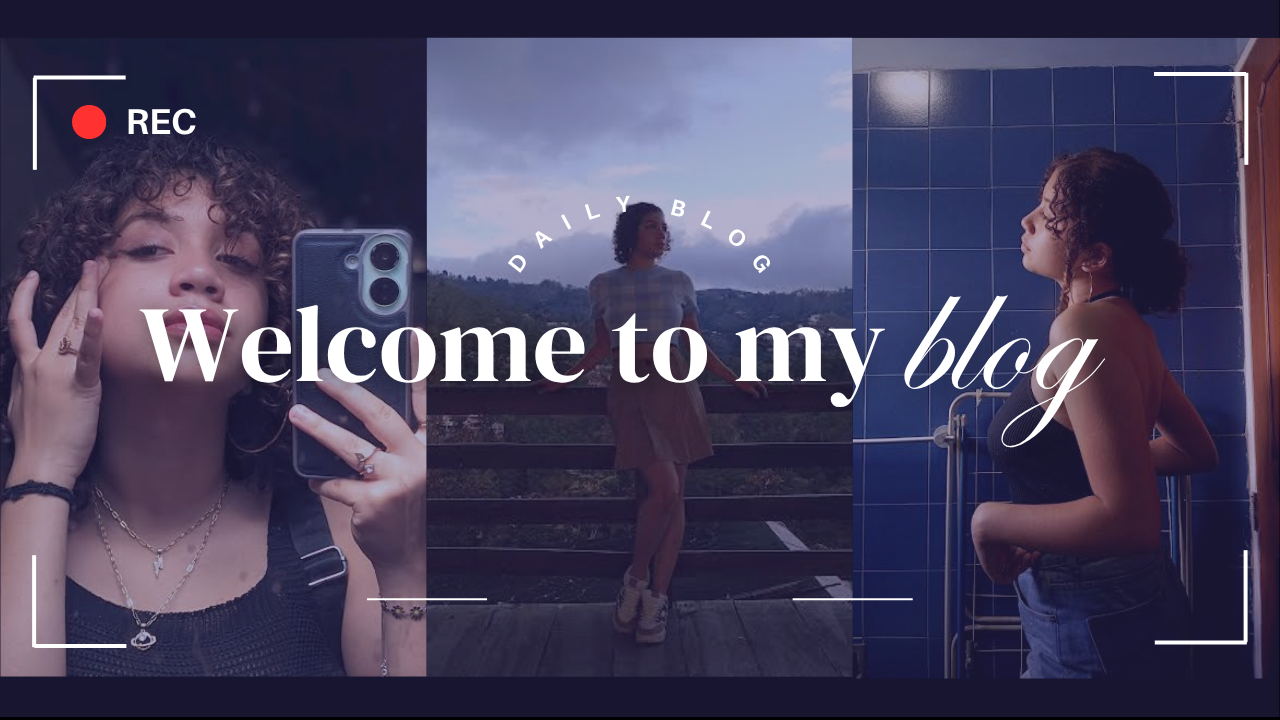
Durante muchos años, la cual salud mental fue un tema tabú para las generaciones anteriores, disminuyendo su importancia o no dándole la prioridad que necesitaba. Se creía que las personas que iban al psicólogo estaban “locas”, tachándolas de “enfermos mentales”, “raros” o “inestables”. Por este mismo prejuicio, muchas personas sufrieron en silencio al padecer trastornos como la depresión o la ansiedad, por miedo a ser marginadas.
A partir de esto, los casos de adicciones aumentaron. Muchos individuos creían que ahogar sus penas en alcohol o drogas era la mejor opción. Los ambientes laborales eran un caos al no promoverse la comunicación asertiva, y los entornos familiares también se veían afectados al no poder hablar de estos temas abiertamente.
Por suerte, esto pudo cambiar.
Aún recuerdo cuando escuché por primera vez sobre la ansiedad. Fue por allá en 2020. Mi abuela, que sufría de claustrofobia, pasarse encerrada todo el día era lo peor que le podía pasar. Además, todo lo que estaba ocurriendo a nivel mundial no ayudaba a que se distrajera. Recuerdo haberla visto alterada, sudando, hiperventilando. En ese momento, mi yo de 12 años no entendía nada. Al preguntarle a mi mamá, me dio una vaga explicación, describiéndolo como:
"Solo se pone muy nerviosa y ya."
A partir de esa poca (casi nula) información que me dio mi mamá, no le presté mucha atención al asunto. De hecho, llegué a un punto en el que lo veía “ridículo” o “estúpido”.
Pero cada vez más se veía en redes sociales el nombre de esa tal “Ansiedad” y “Depresión”, y como una niña que se la pasaba todo el día en el teléfono, no tardé mucho en informarme.
Actualmente, la salud mental es promovida en todas partes, porque “si la mente no funciona, el cuerpo tampoco lo hará”, y creo fielmente que ha sido uno de los cambios más positivos que la Generación Z ha aportado a la sociedad.
Pero, ¿cuáles fueron las causas por las que la salud mental pasó de ser un tabú a una prioridad?
- Normalización del diálogo: se habla de temas que antes eran muy delicados de tocar, como la depresión, la ansiedad y otros trastornos.
- Acceso a información: las redes sociales han sido un medio por el cual las nuevas y viejas generaciones han podido informarse sobre el tema, ayudando a que la desinformación sobre la salud mental poco a poco desaparezca.
- Actividades y campañas informativas: cursos, charlas o campañas que se han llevado a cabo en entornos escolares han ayudado mucho a los jóvenes actuales a concientizarse sobre el tema y a tomar acción si sienten que necesitan ayuda.
Causas citadas por ChatGPT
Muchos adultos actualmente critican o minimizan la salud mental, diciendo que eso es una moda o que “apenas les cae una aguja y ya quieren ir al psicólogo”. NO. La salud mental es real y es un tema que debe tratarse a profundidad. No dejemos que la desinformación siga llevándose vidas que podrían salvarse con un correcto acompañamiento.
La salud mental ya no puede seguir siendo ignorada ni minimizada. Lo que por generaciones fue un tabú, hoy se muestra como una necesidad urgente, real y profundamente humana.
Gracias a la valentía de quienes se atreven a hablar, a compartir sus historias y a pedir ayuda, hemos comenzado a cambiar una cultura que durante años nos enseñó a callar. La Generación Z ha sido clave cuestionando lo que se normalizó durante tanto tiempo, promoviendo la empatía, la educación emocional y el autocuidado.
Sin embargo, todavía queda camino por recorrer. Aún hay quienes creen que la salud mental es una exageración, una excusa o una moda. A ellos debemos recordarles algo claro: la salud mental es tan real como la física, y negarla solo agrava el dolor que muchos ya cargan en silencio.
Hablar puede salvar vidas. Escuchar puede sostenerlas. Y actuar a tiempo, puede cambiarlas por completo. Por eso, hoy más que nunca, no tengas miedo de preguntar: "¿Necesitas ayuda?" Porque esa simple pregunta puede ser el primer paso para sanar, acompañar y construir un mundo emocionalmente más sano y consciente
Muchas gracias por acompañarme en este post, me gustaria saber tu opinion en los comentarios! nos vemos en el siguiente. Baisss 💗


For many years, mental health was a taboo topic for previous generations, downplayed or simply not given the priority it truly needed. People who went to therapy were considered "crazy," labeled as "mentally ill," "weird," or "unstable." Because of this prejudice, many suffered in silence, dealing with conditions like depression or anxiety out of fear of being judged or marginalized.
As a result, addiction cases increased—people thought drowning their pain in alcohol or drugs was the best option. Work environments were toxic, with no room for assertive communication, and family dynamics were affected by the inability to talk openly about mental health.
Thankfully, things have started to change.
I still remember the first time I heard the word anxiety. It was around 2020, and my grandma, who suffered from claustrophobia, being locked inside all day was the worst thing that could happen to her. Everything going on globally at the time wasn’t helping her distract herself either. I remember seeing her anxious, sweating, hyperventilating... and my 12-year-old self had no idea what was happening. When I asked my mom, she gave me a vague explanation, saying:
"She just gets really nervous, that's all."
With that little (almost non-existent) information, I didn’t give the situation much importance. In fact, I reached a point where I thought it was “ridiculous” or “silly.”
But little by little, I started seeing that word—anxiety—and depression popping up all over social media. And as a girl who spent all day on her phone, it didn’t take long for me to become informed.
Nowadays, mental health is promoted everywhere, because “if the mind doesn’t work, neither will the body.” And I truly believe this is one of the most positive changes Generation Z has contributed to society.
But, what were the reasons that made mental health go from taboo to priority?
1.Normalization of dialogue: Topics that used to be too sensitive to talk about—like depression, anxiety, and other disorders—are now openly discussed.
2.Access to information: Social media has become a key channel through which both older and younger generations can educate themselves about mental health, slowly erasing misinformation.
3.Educational activities and awareness campaigns: Workshops, talks, and school campaigns have helped today’s youth become more aware and proactive about their mental well-being, encouraging them to seek help when needed.
Many adults still criticize or downplay mental health, claiming it’s just a trend or saying things like “they get a tiny scratch and already want to go to therapy.” NO. Mental health is real, and it’s a topic that must be taken seriously. We can’t let misinformation keep costing lives that could be saved with a simple question and proper support.
Mental health can no longer be ignored or minimized. What was once a taboo for generations is now seen for what it truly is: an urgent, real, and deeply human need. What used to be hidden behind silence, stigma, and labels is finally being talked about—with clarity, honesty, and without shame.
Thanks to the courage of those who speak up, share their stories, and ask for help, we’re slowly changing a culture that for decades taught us to stay quiet. Generation Z has played a key role in this shift: questioning outdated norms, promoting empathy, emotional education, and self-care.
Still, there’s a long way to go. There are people who believe mental health is an excuse, an exaggeration, or just a phase. To them, we must say clearly: mental health is just as real as physical health—and denying it only deepens the pain many already carry in silence.
Talking can save lives. Listening can support them. And taking action—at the right time—can completely change them. That’s why, now more than ever, don’t be afraid to ask: “Do you need help?” Because that one simple question could be the first step to healing, support, and building a more emotionally conscious world.
Thank you so much for joining me in this post! I’d love to hear your thoughts in the comments. See you in the next one. Baisss 💗
